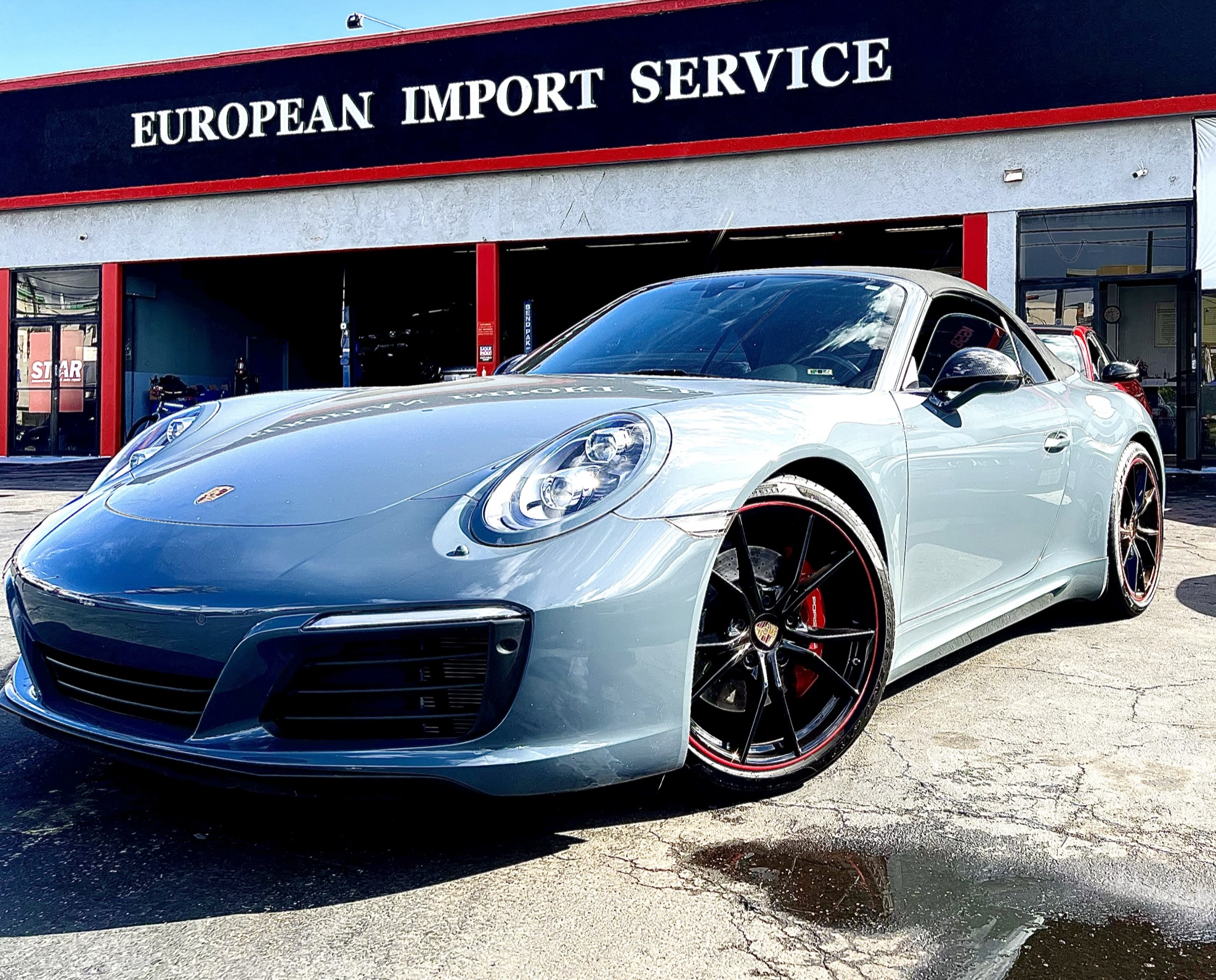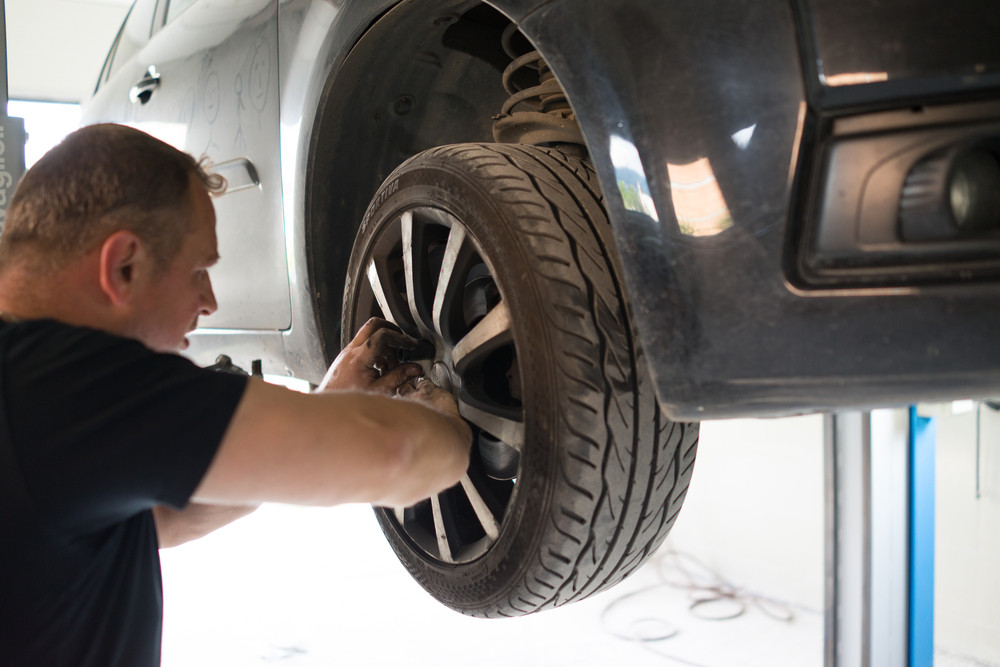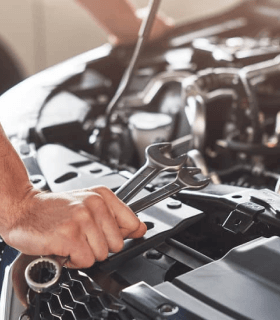Porsche Oil Change Costs: What You Need to Know
Porsche Oil Change Costs: What You Need to Know
- Jimmy Bernhard
- Published On: 9-July-2025

Maintaining your Porsche isn’t just about performance—it’s also about protecting your investment. One of the most important services you can’t afford to overlook is the oil change. If you’re wondering about the cost of a Porsche oil change and what it includes, you’ve come to the right place.
Why Are Porsche Oil Changes More Expensive?
Porsche vehicles require high-quality synthetic oil and precision-engineered oil filters. Because of their advanced engines and performance specs, they also often require more oil than a standard car. Therefore, Porsche oil change costs tend to be higher than average.
However, with that higher cost comes peace of mind—knowing your vehicle is being maintained to exacting standards.
What’s Included in a Porsche Oil Change?
While it may vary by model and service center, a typical Porsche oil change service includes:
Premium synthetic oil replacement
Genuine Porsche oil filter replacement
Inspection of fluid levels and top-offs
Visual inspection of belts, hoses, and undercarriage
Resetting of the service indicator
Complimentary wash and vacuum at select dealers
As you can see, it’s much more comprehensive than a quick lube job.
How Much Does a Porsche Oil Change Cost?
Porsche oil change costs can range from $200 to $400, depending on your location, vehicle model, and service provider. For high-performance models like the Porsche 911 or Cayenne Turbo, the cost may be slightly higher due to more complex systems and greater oil capacity.
Although this may seem expensive compared to a standard vehicle, it’s a small price to pay for keeping a precision-engineered machine running smoothly.
How Often Does a Porsche Need an Oil Change?
While older Porsche models may require an oil change every 5,000 to 7,500 miles, newer models using full synthetic oil can go up to 10,000 miles or once a year, whichever comes first.
Still, it’s a good idea to consult your owner’s manual or ask a certified technician, especially if you drive under severe conditions or push your vehicle’s performance limits.
Can You Go to a Non-Dealer for a Porsche Oil Change?
Yes—but with caution. Independent shops may offer lower Porsche oil change prices, but not all have the proper training or tools to handle Porsche’s specific requirements. Using non-approved oil or filters could void your warranty or lead to engine damage.
Whenever possible, choose a certified Porsche technician or a trusted European auto specialist with a proven track record.
Final Thoughts on Porsche Oil Change Costs
Although Porsche oil change costs are higher than those of regular vehicles, they’re essential to ensuring your car continues to deliver optimal performance. From protecting engine components to preserving resale value, timely oil service is a smart investment in your Porsche’s future.
Whether you drive a Porsche Macan, Panamera, or 911, staying on top of oil maintenance will keep you on the road—and out of the repair shop.
"A stitch in time saves nine applies to your car as well. Regular maintenance is the best way to avoid costly repairs down the road."
Henry Ford, American automobile pioneer
Conclusion
While Porsche oil change costs may be higher than those of standard vehicles, the value it brings in performance, reliability, and engine longevity is well worth it. Regular oil changes not only protect your engine but also help maintain your vehicle’s resale value and driving experience. Choosing a certified technician and staying consistent with service intervals ensures your Porsche continues to perform at its best—mile after mile.
Frequently Asked Questions (FAQ)
1. Why is a Porsche oil change more expensive than a regular car?
Porsche engines require premium synthetic oil, larger oil quantities, and high-performance filters—plus specialized expertise—resulting in higher service costs.
2. How often should I get an oil change for my Porsche?
Most modern Porsche models need an oil change every 10,000 miles or once a year, but check your owner’s manual or consult your technician for model-specific advice.
3. Can I use regular motor oil in my Porsche?
No. Porsches require specific full synthetic oil types approved by the manufacturer. Using the wrong oil can harm the engine and void your warranty.
4. Is it okay to get a Porsche oil change at a non-dealer shop?
Yes, as long as the shop has experience with European cars and uses Porsche-approved oils and filters. Always verify their expertise beforehand.
5. What happens if I delay my Porsche’s oil change?
Delaying an oil change can lead to poor engine performance, sludge buildup, increased wear, and even major engine damage over time.




